Description
The original BSD license, now sometimes called “BSD-old” or “4-Clause BSD” (see A. below) contained a clause not found in later licenses, known as the “advertising clause”. This clause eventually became controversial, as it required authors of all works deriving from a BSD-licensed work to include an acknowledgment of the original source in all advertising material. This was clause number 3 in the original license text below.
This clause was objected to on the grounds that as people changed the license to reflect their name or organisation it led to escalating advertising requirements when programs were combined together in a software distribution—every occurrence of the license with a different name required a separate acknowledgment. In addition, the clause presented a legal problem for those wishing to publish BSD-licensed software which relies upon separate programs using the more-restrictive GNU GPL (see Explanatory 18) as the advertising clause was incompatible with the GPL, which does not allow the addition of restrictions beyond those it already imposes.
In 1999 UC Berkeley1 removed the advertising clause in the newer 3-Clause License (“New BSD License” or “Modified BSD License”) (see B. below). This version has been vetted as an open source license by the OSI2 as the “The BSD License”. The Free Software Foundation (“FSF”), which refers to the license as the “Modified BSD License”, states that it is compatible with the GNU GPL. The FSF encourages users to be specific when referring to the license by name (i.e. not simply referring to it as “a BSD license” or “BSD-style”) to avoid confusion with the original BSD license.
This version allows unlimited redistribution for any purpose as long as its copyright notices and the license’s disclaimers of warranty are maintained. The license also contains a clause restricting use of the names of contributors for endorsement of a derived work without specific permission.
More recently in 2008, an even more simplified 2-Clause version of the license (“Simplified BSD License” or “FreeBSD License”) (see C. below) came into use primarily by FreeBSD and others. The primary difference between it and the New BSD (3-Clause) License is that it omits the non-endorsement clause. It also adds a further disclaimer about views and opinions expressed in the software. The FSF, which refers to the license as the FreeBSD License, states that it is compatible with the GNU GPL. Again, the FSF encourages users to be specific when referring to the license by name (i.e. not simply referring to it as “a BSD license” or “BSD-style”), as it does with the modified/new BSD license, to avoid confusion with the original BSD license. Other projects, such as NetBSD, use a similar 2-Clause License, but without the additional disclaimer. This version has been vetted as an open source license by the OSI as the “Simplified BSD License”.
[1] University of California, Berkeley, which first created BSD. [2] Open Source Initiative.



